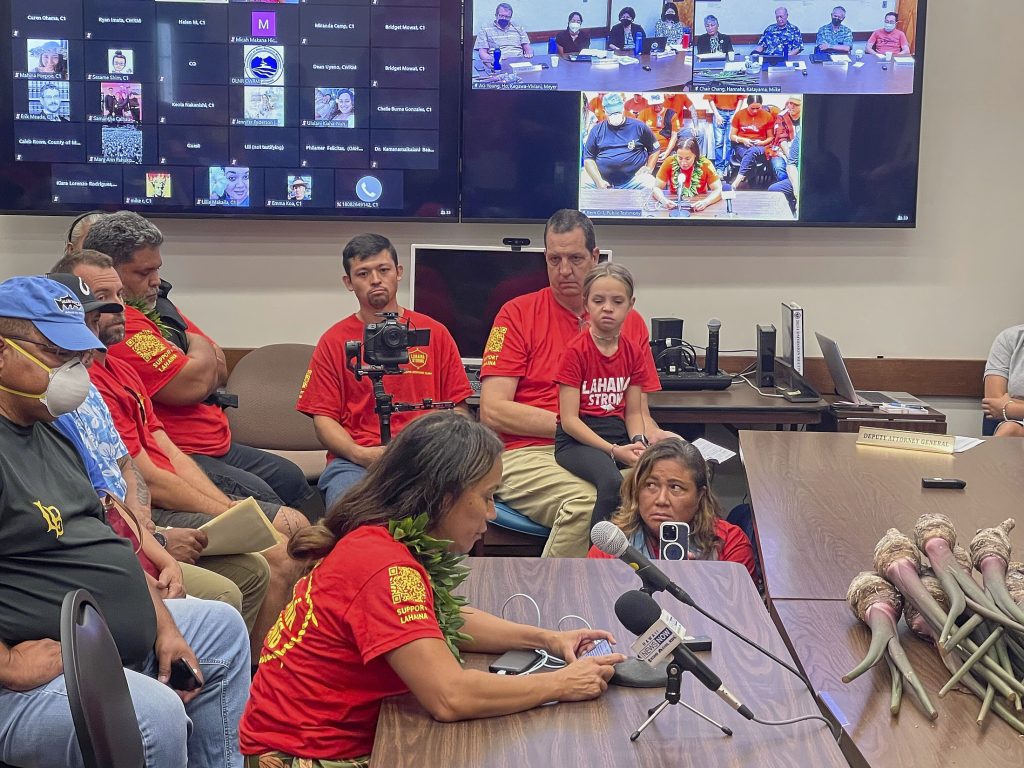At a recent 12-hour meeting in Hawaii focused on water management, many community members provided passionate input, highlighting the challenges of public engagement amid overwhelming information. While Hawaii is recognized for promoting civic participation, the volume of engagement can hinder meaningful involvement. Experts from the University of Hawaii are exploring how generative AI could improve citizen engagement in policymaking by processing large amounts of data efficiently. By synthesizing public feedback and streamlining decision-making, AI can enhance communication between officials and the community. To maximize these benefits, stakeholders in Hawaii are urged to engage in discussions on the ethical and practical aspects of AI in government, ensuring it serves everyone effectively.
When used thoughtfully, artificial intelligence (AI) can greatly benefit institutions and government operations. Recently, the Hawaii Commission on Water Resource Management held an extensive meeting that lasted over 12 hours, reflecting the urgent issues surrounding water management in Maui, especially after the devastating wildfires last year.
This lengthy meeting highlighted a broader challenge of public engagement in Hawaii. While the state encourages civic involvement through various platforms, the sheer volume of meetings and information can overwhelm both citizens and decision-makers. Many residents, especially the Kanaka Maoli, have fought for meaningful participation in governance, but the overwhelming amount of information often leads to important voices being drowned out.
Despite Hawaii’s leadership in promoting civic engagement, officials sometimes struggle to process the vast amount of public input they receive. This situation calls for innovative solutions. Researchers at the University of Hawaii Manoa are exploring how generative AI could enhance public participation in policy-making. By processing large amounts of data from meetings and surveys, AI tools could help synthesize public feedback and streamline the decision-making process.
However, the use of AI is not without its challenges. Differences in how various boards operate and the format in which they share data complicate the implementation of such technology. Moreover, ethical considerations regarding AI usage in government must be addressed collaboratively through statewide discussions involving officials, media, and community advocates.
As AI continues to develop, its potential to facilitate better engagement in government is significant. If harnessed effectively, it could lead to quicker, more meaningful responses to public input, ultimately improving the democratic processes in Hawaii.
Tags: Hawaii, Water Resource Management, Public Engagement, Artificial Intelligence, Civic Participation, Policy-Making, Kanaka Maoli, Decision-Makers
What is “Hawaii Civic Engagement At A Crossroads”?
This initiative focuses on improving how people in Hawaii participate in civic activities, especially during important times of change.
How can AI be used for civic engagement in Hawaii?
AI can help connect people with resources, provide information quickly, and encourage more people to get involved in their communities.
Why is civic engagement important in Hawaii?
Civic engagement is crucial because it helps people voice their needs, make local decisions, and strengthen the community as a whole.
What are some examples of civic engagement activities?
Examples include voting, attending community meetings, volunteering for local organizations, and participating in discussions about local issues.
How can I get involved in the civic engagement efforts in Hawaii?
You can start by joining local community groups, attending events, and using online platforms that promote civic participation and discussion.







